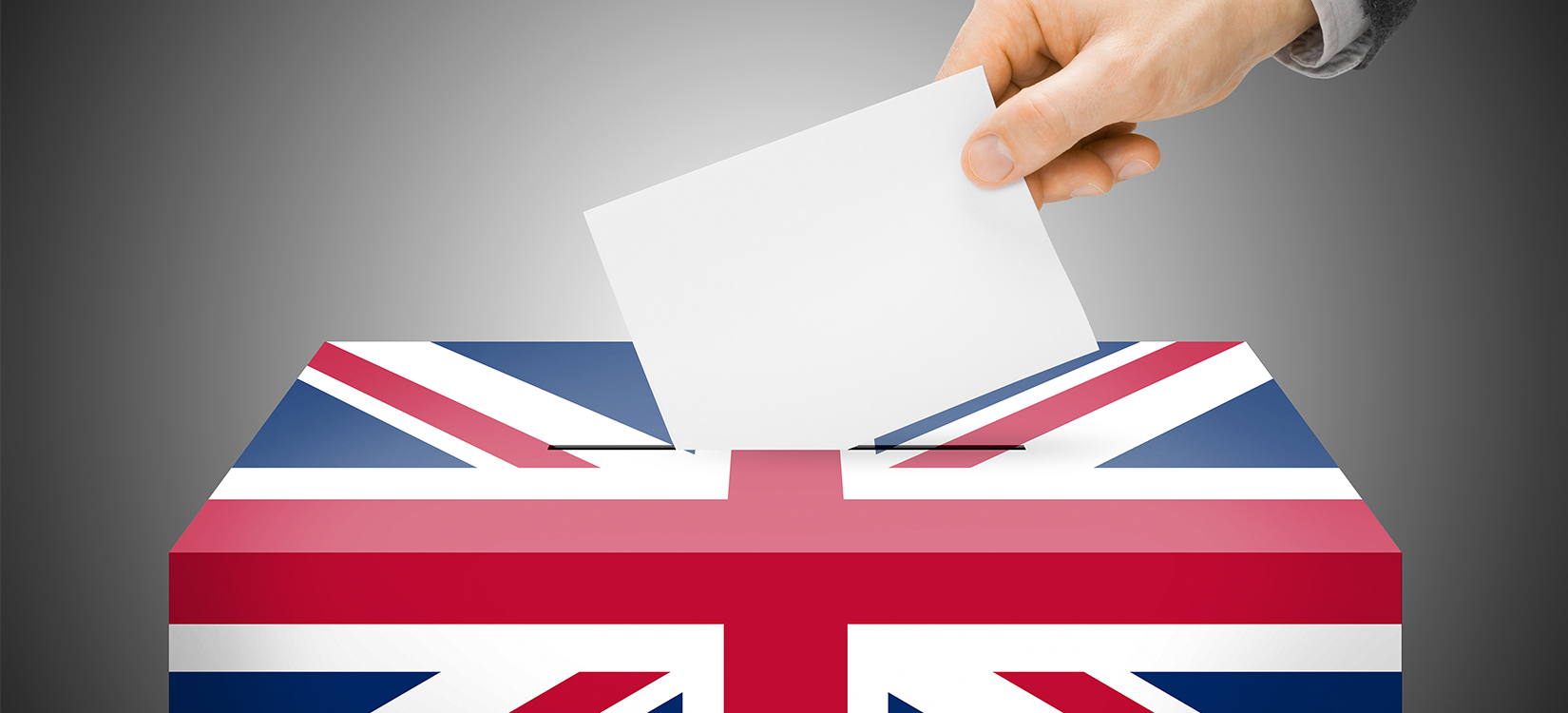May’s snap election is an opportunity to reset the NHS
Here we go again. Two years since the last general election, the Prime Minister has announced another national ballot. I do not want to get into party politicking here, but suffice to say the stakes could not be higher for the NHS.

We are just emerging from a nail-biting winter, with reports of patients dying on trolleys and ambulances queueing at the gate of A&E. For general practice the column inches may be thinner, but we know the situation is equally bad. GP practice closures are at a record high, waiting times are up while overall numbers of GPs are falling. It is – to use an overused phrase – a perfect storm.
Theresa May likes to close down this debate by trumpeting the £10bn additional funding she has promised the health service in England, but this is spread over six years and has been comprehensively undermined by large cuts in other areas, such as training, social care and public health budgets. Looking closely at the actual numbers reveals that the amount spent per patient in the NHS will actually fall next year by 0.6%.
For once, all the experts agree, this is not enough. The election is likely to be dominated by Brexit, but it is crucial that it also sparks a national conversation about the future of the NHS.
Of course, this should be an open goal for Labour. Incredibly, the party went into the last election promising less of a funding boost for the NHS than the Conservatives, but much has changed since then. Its current leader Jeremy Corbyn has hinted he would be willing to spend more. He told the #ItsOurNHS march in March that: ‘The money’s there. Don’t let them tell you it isn’t.’
But Mr Corbyn is hardly on course for a landslide and whichever party (or parties) get into government is going to be faced with some difficult decisions on what the NHS can provide and what it can’t. What is most important is that politicians are forced to begin this debate pre- rather than post-election.
Ms May has stuck to the line that the health service has been given more than it asked for and will probably enter the election promising the status quo, or perhaps even something slightly more radical like removing the ringfence around the NHS budget and ‘merging’ it with social care (not inconceivable considering the current budget deficit, but a move that could result in even less funding for the health service).
There are no easy answers here, but the public is not stupid. The PM needs to know that she has been very lucky to avoid a complete meltdown in services this winter, from a flu epidemic or the like. Now is the time for the health unions, pressure groups, think-tanks and – yes – the NHS itself to lead the debate and speak with one voice for a change in direction. The message has to be that the current situation is unsustainable, frequently unsafe and running a hair’s breadth away from potential disaster. The national conversation must be that a service that took years to build up and is the source of much national pride is basically running on its reserves of staff goodwill. A wellspring that is about to dry up.
The public need to be in no doubt that the future of the NHS is on the ballot paper on the 8 June and politicians of every stripe need to be challenged to come up with credible answers to the problems it is facing. The whole service needs a new settlement in England - and also in the other parts of the UK (under the Barnett formula) - and the status quo is not an option.
The next seven weeks are an unparalleled opportunity to reset the future of the NHS. Let the debate commence.